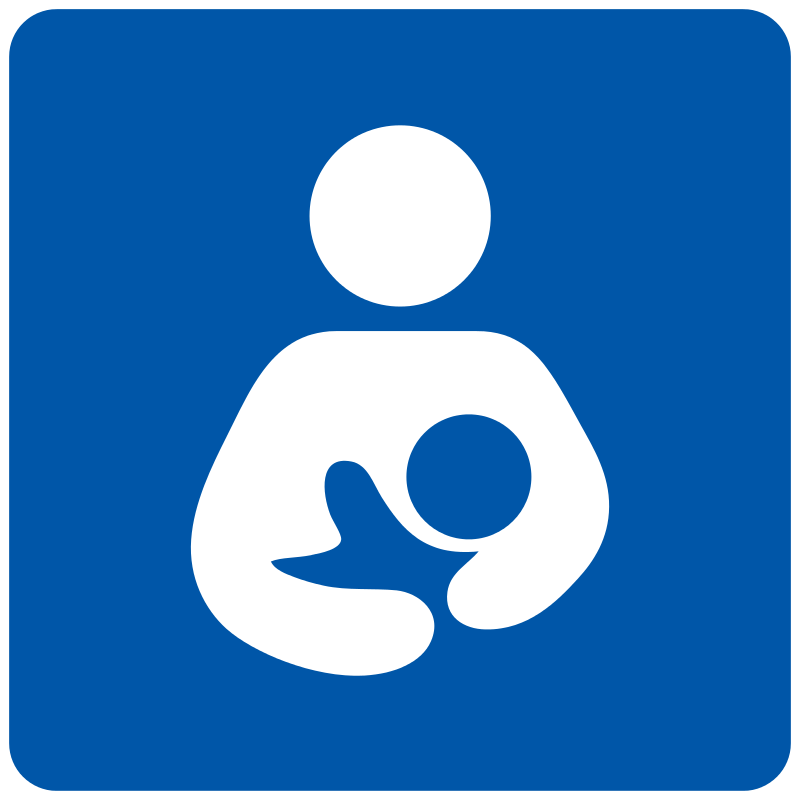 You’re a new mother who wants to provide breast milk for your child. The company you work for has a policy that allows employees to take breaks to pump or express breast milk in a designated lactation room. You want to take advantage of this policy, but your employer won’t let you; because you were a surrogate, “your” child is not legally yours.
You’re a new mother who wants to provide breast milk for your child. The company you work for has a policy that allows employees to take breaks to pump or express breast milk in a designated lactation room. You want to take advantage of this policy, but your employer won’t let you; because you were a surrogate, “your” child is not legally yours.
Can your employer do this? Maybe not, according to the recent court decision Gonzales v. Marriott. This blog post will discuss that case as well as the notable legal arguments and what they may mean for lactating surrogate mothers.
Gonzalez v. Marriott
Mary Gonzales was a full-time employee at the Los Angeles Airport Marriott hotel branch. In 2014, she gave birth to a baby girl pursuant to a gestational surrogacy agreement. A gestational surrogacy is a type of surrogacy where the surrogate mother is not genetically related to the child she is carrying.
After giving birth to the child, Gonzales began expressing breast milk for the child’s family, who did not live with her. This included expressing breast milk at work in a designated lactation room. In addition to Gonzales, two other Marriott employees used the lactation room to pump or express breast milk.
When Gonzales’s obligation to send her breast milk to her surrogate child ended in late June 2014, her employer notified her that she only had another 30 days to express breast milk at work using special lactation breaks. Once those 30 days were over, she could still express milk at work, but she would have to use her lunch breaks and wouldn’t be given additional time to express breast milk like she had previously.
Gonzales promptly contacted her human resources director, informing him that she should still be allowed additional break time to express breast milk because she needed to do so for personal health reasons and so she could donate the milk to a charity that provided breast milk to babies in need.
The human resources director adamantly disagreed because Gonzales was not feeding a “child at home.” In accordance with her employer’s orders, Gonzales did not express breast milk at work but suffered from clogged milk ducts, soreness, blisters, severe breast pain, and loss of sleep from expressing milk at night. Gonzales was also ostracized at work, being excluded from company social events.
Gonzales eventually sued Marriott, claiming sex and pregnancy discrimination under the Pregnancy Discrimination Act of 1978 (PDA) and the Title VII of the Civil Rights Act of 1964 (Title VII) as well as relevant state laws. Marriott then moved to have all of Gonzales’s claims dismissed.
Gonzales’s Sex and Pregnancy Discrimination Claims Under State Law

Gonzales claimed that she suffered from sex and pregnancy discrimination when Marriott refused to accommodate her request for additional lactation breaks. Marriott’s defense was that Gonzales did not enjoy the right to a reasonable accommodation for expressing breast milk because the state law only applied to mothers who expressed breast milk for their own children.
The court refused to grant Marriott’s motion to dismiss on the grounds that there may have been additional evidence that Gonzales needed to express milk for personal health reasons and it was for a jury to decide whether Gonzales’s request for continuing to express breast milk was reasonable.
Gonzales’s Sex Discrimination Claim Under Title VII
The crux of Gonzales’s sex discrimination claim was that she was the victim of sex stereotyping, an illegal form of sex discrimination. An employee experiences sex stereotyping when she or he suffers an adverse employment action because the employee does not conform to a traditional gender role. Specifically, Gonzales alleged that because she was a surrogate mother and not a “traditional mother,” she suffered the adverse employment action of being unable to continue taking lactation breaks while other “traditional mothers” were able to do so.
The court denied Marriott’s motion to dismiss Gonzales’s claim of sex discrimination under Title VII because it couldn’t agree with Marriott’s argument that any adverse treatment due to surrogacy was not sex stereotyping. Basically, the court punted the question for determination later in litigation. However, it was still a victory for Gonzales because the court acknowledged the possibility that surrogacy discrimination could be illegal sex discrimination under Title VII.
Gonzales’s Pregnancy Discrimination Claim Under the PDA
 Gonzales argued that since Marriott made reasonable accommodations to other lactating employees, she was entitled to the same reasonable accommodations. Marriott disagreed, noting that the PDA did not require reasonable accommodations for employees who were pregnant or who had a pregnancy-related condition, such as Gonzales.
Gonzales argued that since Marriott made reasonable accommodations to other lactating employees, she was entitled to the same reasonable accommodations. Marriott disagreed, noting that the PDA did not require reasonable accommodations for employees who were pregnant or who had a pregnancy-related condition, such as Gonzales.
Even though the PDA does not expressly require pregnant employees to be reasonably accommodated, as a result of the Young v. UPS U.S. Supreme Court decision, the reasonable accommodation requirement has been read into the PDA such that employers must reasonably accommodate pregnant women unless they have a really good reason not to.
Therefore, Marriott’s argument failed. Additionally, Marriott’s request to dismiss Gonzales’s pregnancy discrimination claim under PDA failed because there were factual questions as to whether Marriott reasonably accommodated Gonzales by allowing her to use her lunch break to express breast milk and giving her 30 days’ notice that she could no longer have dedicated lactation breaks.
To read more about the Young v. UPS case, take a look at our blog post titled “Pregnancy Discrimination: Potential New Rules and EEOC Guidance,” which discusses the case.
For more information about surrogacy, please read FindLaw’s article “Surrogate Mothers,” the Human Rights Campaign’s “Overview of the Surrogacy Process,” and the Center for American Progress’s “Guide to State Surrogacy Laws.”
Summing It Up
- Under California state law, the fact that a lactating employee is producing milk for a child other than her own does not automatically mean she is unable to receive sex and pregnancy discrimination protections.
- Treating pregnant women differently on the basis of surrogacy may constitute illegal sex discrimination under Title VII.
- Ever since the Young v. UPS U.S. Supreme Court decision, the PDA now has a reasonable accommodation requirement for employees who are pregnant or have a pregnancy-related condition.





